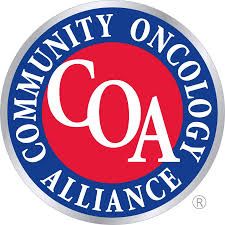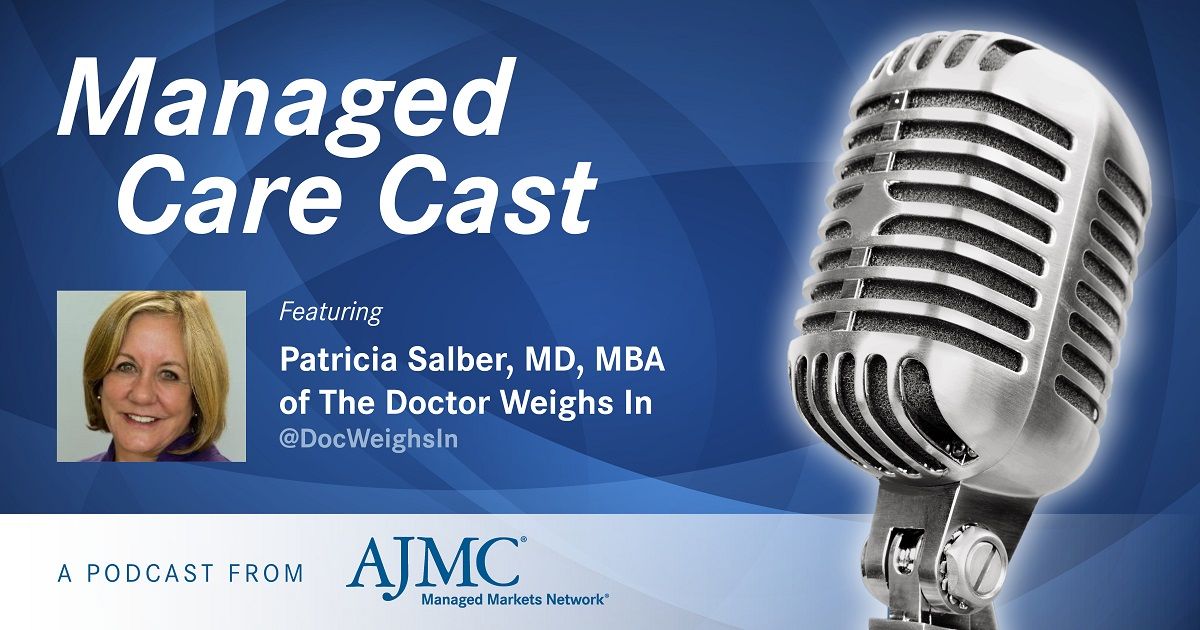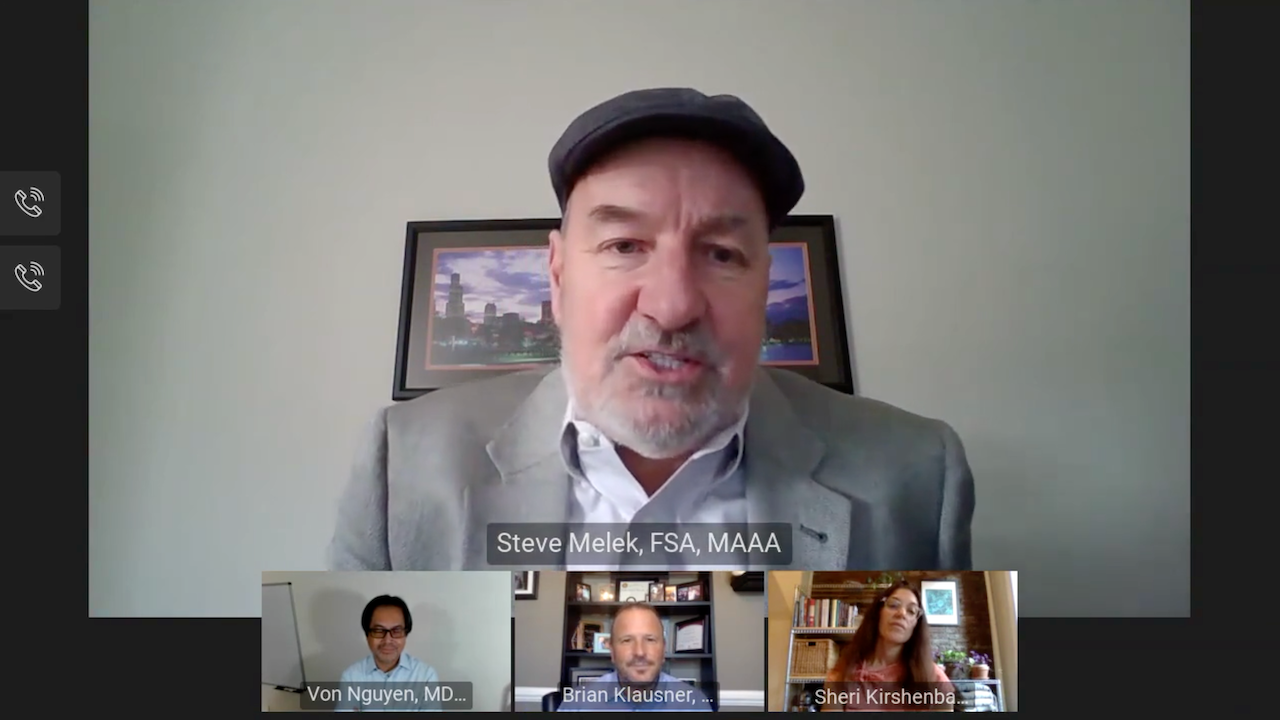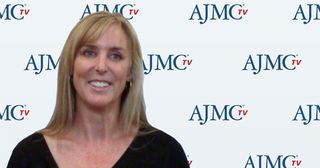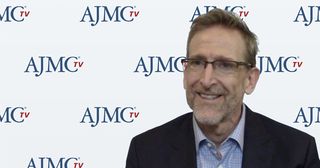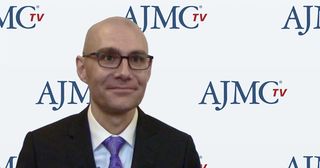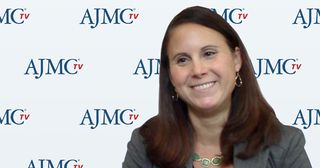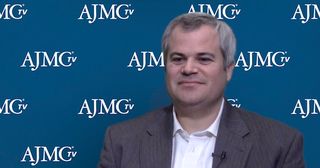
Value-Based Care
Latest News

Latest Videos

More News
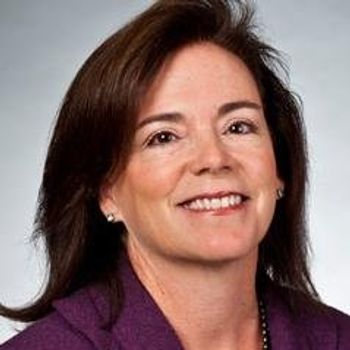
As health care costs rise, especially for patients with complex conditions, a major barrier to access is the disconnect between medical benefits and pharmacy benefits.

Depression affects up to 17% of patients with rheumatoid arthritis, but not all patients are assessed for their mental well-being.
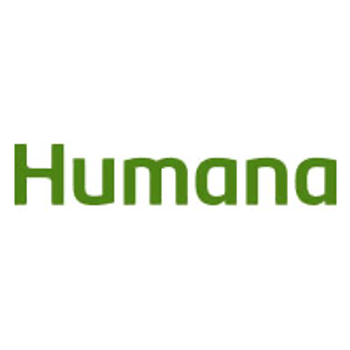
More Humana doctors are taking on full global risk under Medicare Advantage than are still using traditional fee-for-service.

Despite decades of experimentation, there have not been large increases in health care quality in the United States. What will move the needle?

Kashyap Patel, MD, CEO of Carolina Blood and Cancer Care, associate editor of Evidence-Based Oncology, and vice president of the Community Oncology Alliance, discusses his new book.

The second of a 5-part webinar series examining value assessment in the COVID-19 era hosted by ISPOR and the Innovation and Value Initiative (IVI) will explore whether the methods on which health economists have relied are up to the task or in need of improvement for the pandemic era.
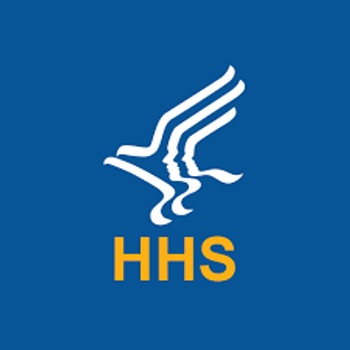
An HHS report outlines efforts to reduce kidney failure and increase options such as home-based dialysis. COVID-19 has made kidney care a higher priority.

Every week, The American Journal of Managed Care® recaps the top managed care news of the week, and you can now listen to it on our podcast, Managed Care Cast.

In a webinar, experts outlined challenges providers face amid the coronavirus disease 2019 (COVID-19) pandemic and the benefits of increased access to high-value care during the outbreak and beyond.

A complex care management program implemented at 5 Next Generation accountable care organizations reduced all-cause inpatient admissions and total medical expenditures for participating beneficiaries.

This study compares health care costs and health services utilization patterns of patients receiving care in accountable care organization (ACO), patient-centered medical home (PCMH), hybrid (ACO + PCMH), and standard (neither ACO/PCMH) facilities.


During the National Association of Accountable Care Organizations Virtual 2020 Spring Conference, panelists discussed how data sharing can be implemented in health care systems and spur the evolution of population health management.

Coverage of our peer-reviewed research and news reporting in the health care and mainstream press.

Coverage of our peer-reviewed research and news reporting in the health care and mainstream press.

Accountable Care Organizations Are Increasingly Led by Physician Groups Rather Than Hospital Systems
Since 2015, the majority of new accountable care organizations (ACOs) have been led by physician groups rather than hospital systems. This shift requires policies that address the characteristic strengths and weaknesses of physician-led ACOs.
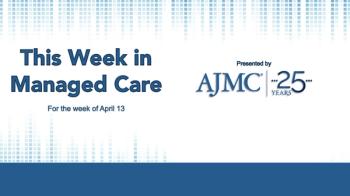
This week, the top managed care news included a report that accountable care organizations may drop out of the Medicare Shared Savings Program; states and healthcare plans address unemployment brought on by COVID-19; a sneak peek of the virtual 2020 Community Oncology Conference.

Differences in patients’ clinical and social complexity and accountable care organization (ACO) network configuration highlight why specific strategies may have variable effectiveness in different types of ACOs.

Investments in technology infrastructure are necessary for accountable care organization (ACO) success. When the proper tools are in place, improvements in care delivery and cost savings are achievable.

Analysis of spending differences among accountable care organizations (ACOs) may help identify cost savings opportunities. We examined the magnitude and sources of spending variation among ACOs over 4 years.

As the cost of oncology drugs only continues to rise, incorporating clinical pathways into cancer care helps streamline the integration of evidence-based best practices while improving quality and reducing costs for patients and payers.

Improving relational coordination and reducing structural barriers to collaboration may enhance quality of care for chronic obstructive pulmonary disease (COPD) and other chronic conditions.

When effectively integrated into healthcare systems, well-vetted and scientifically backed healthcare quality measures can have significant impacts on patient health, stressed Shantanu Agrawal, MD, president and CEO of the National Quality Forum, at the New Jersey Health Care Quality Institute’s Quality Breakfast on February 6.

The newly sworn in FDA commissioner faces tobacco regulation challenges; CMS announces changes in hospital quality ratings; soldiers with traumatic brain injuries are more likely to develop mental health disorders.

Accountable care organization (ACO) participation in the Medicare Shared Savings Program (MSSP) remained flat this year, according to a press release from the National Association of Accountable Care Organizations issued Friday, January 10.
